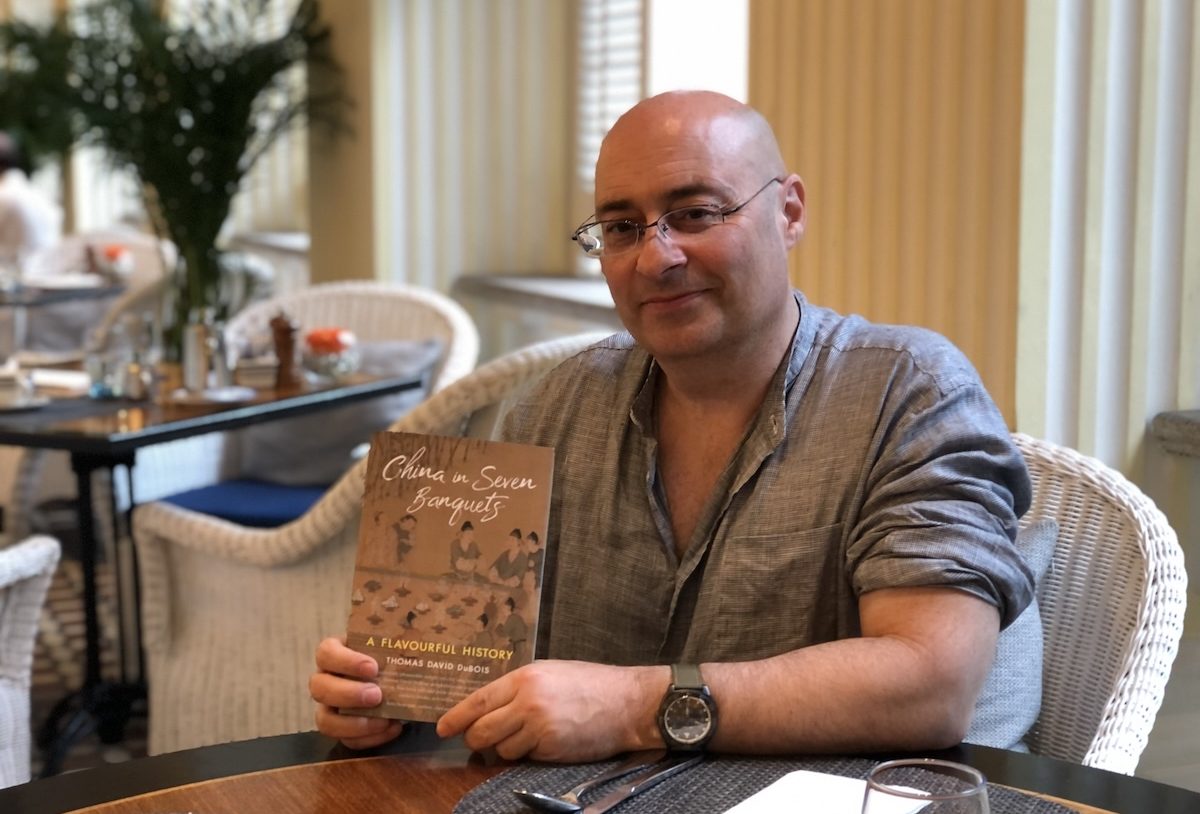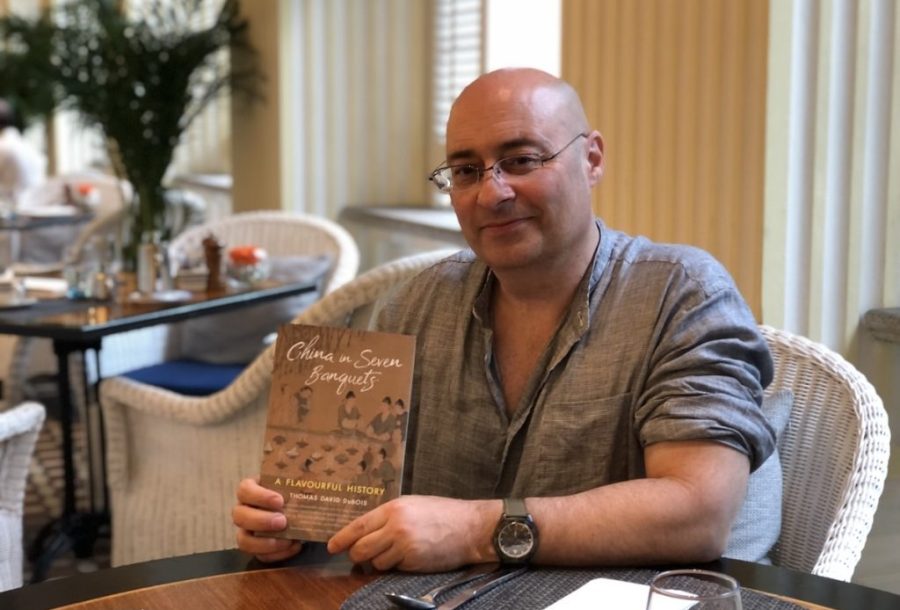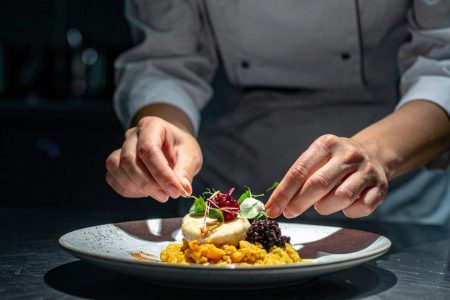When asked to define what Chinese food is, the culinary author and Beijing Normal University professor Thomas DuBois shrugs his shoulders and laughs. He pontificates upon the question, remarking that the inquiry is simultaneously fascinating yet fundamentally short-sighted.
For most, a dish embodying familiar Chinese elements comes to mind. However, as DuBois explains to Macao News, whatever image appears does little to represent the depth of culinary influences spanning China’s long history and massive geographic footprint.
Though cultural factors survive, when it comes to food everything has changed, DuBois says that a Chinese person eating a particular dish at one point in time may find the cuisine consumed at another period completely unrecognisable.
Understanding the Zeitgeist through food
His latest book, China in Seven Banquets: A Flavourful History, provides context to the discussion, with each banquet representing not only the plat du jour – but the zeitgeist of a select moment in China’s past. The first chapter represents an ancient Confucian feast and how food was expressed as it relates to politics and personal morality. The fifth chapter takes place in a 1980s movie amid a backdrop of economic reforms and societal changes.
Along with historical recipes of the time, DuBois shares anecdotes, such as the decision by a hot-pot franchise to deliver cooking equipment with food during the Covid-19 pandemic – allowing customers to recreate the restaurant experience at home. In another, he mentions a Sun-Yat Sen speech that praised the West in every form – except when it came to cooking, underscoring how, even in a divided China, the nation was extremely proud of its culinary achievements.
But it is the last two chapters that leave the strongest aftertaste, lingering in the reader’s mind long after the final page. The sixth banquet examines the current culinary landscape, as it occurs on a phone app. DuBois explores how modern conveniences like food deliveries have reshaped consumer expectations, examining the impact of cold storage, centralised kitchens and artificial intelligence on the aesthetics of dining.
DuBois’ seventh banquet is both a celebration of creativity and a cautionary tale, illustrating the trajectory of food culture. Set in the near future, it envisions a world where taste converges into a standardised flavor – an unintended consequence of prioritizing convenience over culinary diversity.
“I’m seeing this already in Beijing,” he says. “As long as there is a profit opportunity somewhere, a decision is made, coming at the expense of a local personality and authenticity that is emblematic of food culture.”
Lessons for Macao
With restaurants already operating on razor thin margins, the appeal of cost cutting becomes imperative. Many locals are already heading out of the city and into the mainland when they want to dine out, intensifying the pressure on local eateries to keep prices stable – despite rising costs.
DuBois commended Macao for using intangible cultural heritage in its campaigns to attract tourism revenue, but advised policy makers not to ignore the economic challenges many food and beverage establishments were enduring in the current business climate.
After being recognised as a UNESCO Creative City of Gastronomy in 2018, Macao’s promotion of authentic and traditional gastronomy to attract foodies – like DuBois himself – can be a double edged sword, the author warns. While tourism dollars are injected into the local economy, dishes and eating experiences are romanticised to cater for outsiders’ palates, which might not represent the food historically consumed by locals.
DuBois hopes China in Seven Banquets can inspire a new appreciation for food culture, encouraging eaters to not focus on individual spices or dishes, but appreciate how every dish embodies an underlying way of thinking across multiple centuries of Chinese history.
DuBois admits the challenge of condensing such information, doing so in fewer than a baker’s dozen worth of chapters. At the very least, once completed, the reader should be able to define what Chinese food is, or at the very least, laugh about it.
Thomas DuBois will be presenting China in Seven Banquets: A Flavourful History at the Macau Literary Festival today, 29 March at 4:30 pm at the Former Barra Slaughterhouse Site 1. More information can be found at this link.






